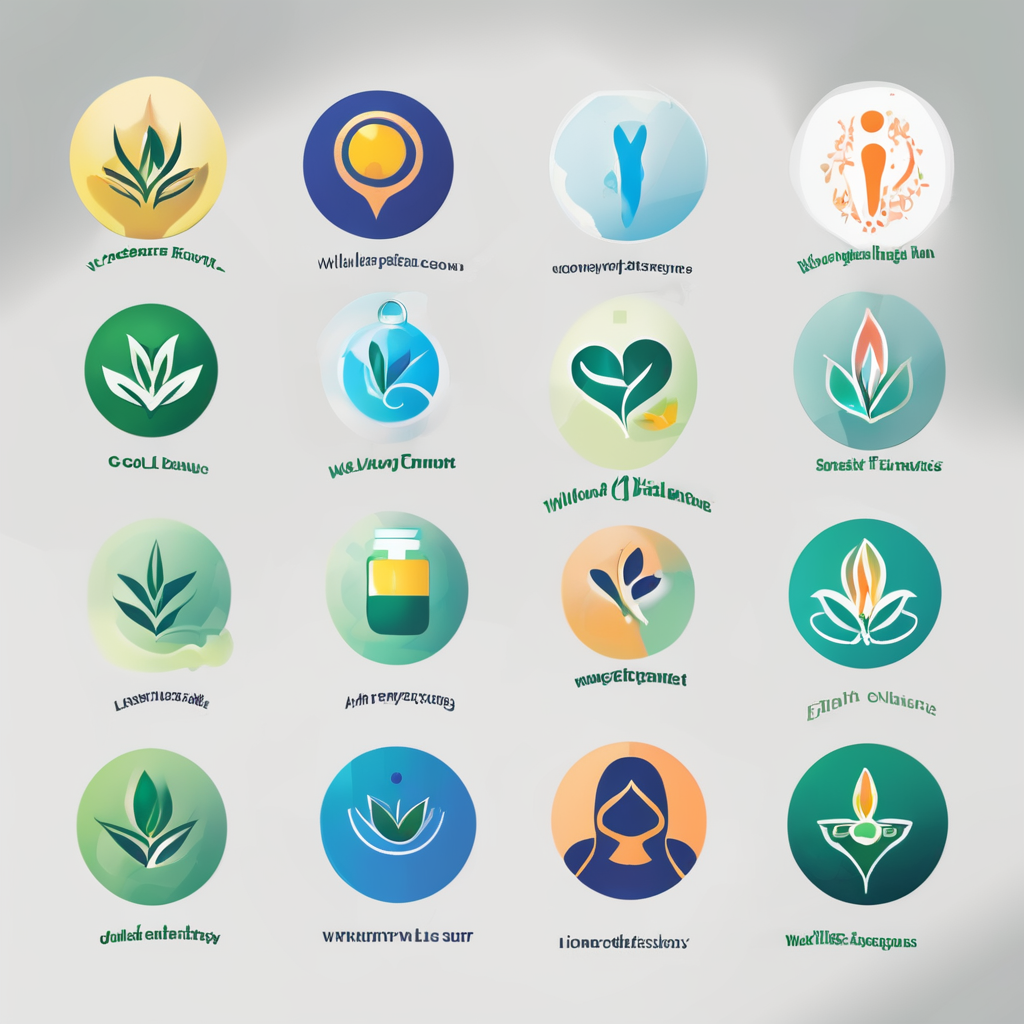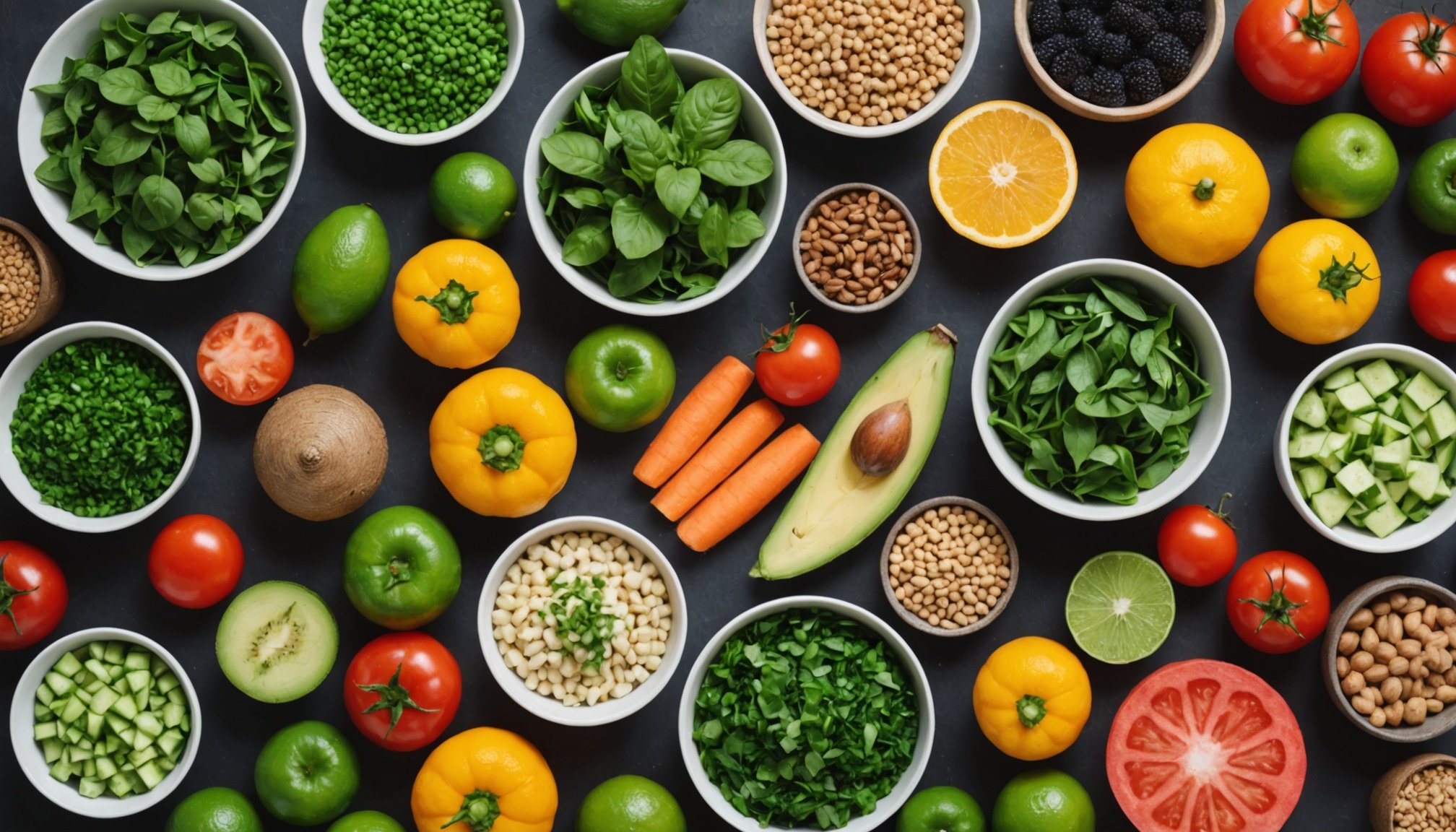As the world increasingly embraces healthier eating habits, the plant-based diet stands out as a significant trend. This dietary pattern emphasizes the consumption of whole foods derived mainly from plants. It encompasses not only fruits and vegetables but also nuts, seeds, oils, whole grains, legumes, and beans. In contrast to a traditional Western diet that often relies heavily on animal products, a plant-based diet offers a myriad of benefits for overall health and wellness. This article investigates the advantages of adopting a plant-based lifestyle and provides insights on how to transition smoothly, ensuring you do not feel deprived in the process.
Understanding the Health Benefits of a Plant-Based Diet
A plant-based diet is rich in vegetables, fruits, and legumes, which are all loaded with essential nutrients. One of the most significant benefits of this diet is its potential to improve heart health. Research indicates that individuals following plant-based diets typically exhibit lower levels of cholesterol and blood pressure. This is primarily due to the lower intake of saturated fats found in animal products, which can contribute to heart disease.
In parallel : Unlocking Relief: The Power of Hypnotherapy Techniques for Chronic Pain Management
Moreover, a well-planned plant-based diet may lower the risk of developing various chronic diseases. Studies have shown that this dietary approach can reduce the likelihood of conditions such as type 2 diabetes, hypertension, and certain types of cancer. By emphasizing whole foods over processed products, you gain access to more vitamins, minerals, and antioxidants which enhance your overall health.
Another critical aspect is weight management. Many who transition to a plant-based diet find that they can enjoy larger portions of low-calorie foods, which can help in maintaining a healthy weight. Plant foods are generally lower in calories yet high in fiber, making you feel fuller for longer. This can be a game changer if you are aiming to shed pounds or maintain your current weight without resorting to restrictive measures.
Also to discover : Revolutionizing Asthma Care: How Smart Inhalers Can Transform Your Management Strategies
Lastly, the protein found in plant-based diets is often derived from legumes, nuts, and whole grains. While many fear that foregoing meat means sacrificing protein intake, it’s essential to understand that these foods can provide adequate amounts of protein needed for your body. Overall, embracing a plant-based lifestyle can not only promote physical health but also lead to a more sustainable and ethical way of eating.
Transitioning to a Plant-Based Diet without Deprivation
Making the switch to a plant-based diet can seem daunting, especially if you are accustomed to a meat-heavy diet. However, with the right strategies, you can transition without feeling deprived. The first step is to approach this change gradually. Instead of eliminating meat and dairy abruptly, consider starting with meatless Mondays or replacing one meal a day with a plant-based alternative.
Focus on discovering new foods that excite you. Explore different cuisines known for their plant-based options, such as Mediterranean or Indian. These cuisines often offer a wealth of flavors, spices, and textures that can make your meals more enjoyable. You might find that plants can be incredibly satisfying when prepared with creativity.
Incorporate a variety of vegetables into your meals. Aim for colorful plates filled with greens, reds, yellows, and purples. Each color signifies different nutrients, ensuring you receive a wide range of health benefits. Experiment with cooking methods—roasting, grilling, and sautéing can enhance the flavors of your vegetables, making them more appealing.
Don’t overlook the role of protein in your meals. Legumes like lentils and chickpeas, as well as quinoa and tofu, can be excellent substitutes for meat. They not only provide essential protein but also add texture and heartiness to your dishes. Finding satisfying alternatives will help you feel full and satisfied without the need for animal products.
Finally, listen to your body. Transitioning doesn’t mean you have to be perfect. You might find that sometimes you crave meat or dairy, and that’s okay. Consider these cravings as an opportunity to explore alternatives rather than restrictions. Allowing occasional indulgences can help you maintain a positive relationship with your food.
The Role of Meal Planning in a Plant-Based Lifestyle
Meal planning is vital in successfully transitioning to a plant-based diet. Without a plan, it’s easy to revert back to old habits, especially during busy weeks. Start by designating a day each week to plan your meals. This allows you to make informed choices and ensures you’re not left scrambling for food options.
Begin with simple recipes that include familiar foods. As you become more comfortable with plant-based cooking, you can gradually experiment with more complex dishes. Keep a list of your favorite plant-based recipes handy, so you can rotate through them each week. This not only keeps your meals diverse but also prevents boredom from repetition.
When planning your meals, make sure to include a balance of macronutrients. Incorporate vegetables, whole grains, healthy fats, and plant-based protein sources to create well-rounded meals. For instance, a quinoa bowl topped with roasted vegetables and a tahini dressing provides a satisfying and nutritious option.
Shopping for your meals is another crucial aspect of meal planning. Create a grocery list based on your planned meals to ensure you have all the necessary ingredients. Focus on purchasing whole, unprocessed foods. The less processed your food is, the more nutrients you will consume and the less likely you are to feel deprived.
Also, consider batch cooking. Preparing larger quantities of meals that can be enjoyed throughout the week makes it easier to stick to your plant-based diet. Portion out meals into containers for grab-and-go lunches or dinners. This practice not only saves time but also reduces the temptation to order takeaway when you’re short on time.
Overcoming Common Challenges in Plant-Based Eating
Transitioning to a plant-based diet can present several challenges. One common hurdle is the social aspect of eating. Dining out or attending social gatherings can be intimidating, especially if the majority of the menu options revolve around meat. However, preparation is key. Research restaurants in advance that offer plant-based options or call ahead to see if they can accommodate your dietary preferences.
When attending social events, consider bringing a dish to share. This not only allows you to enjoy a meal that aligns with your dietary choices but also introduces others to plant-based cooking. Engaging others in discussions about the benefits of this lifestyle can foster understanding and perhaps even inspire them to try new foods.
Another challenge might be a lack of knowledge regarding nutritional needs. It’s essential to educate yourselves about protein sources, vitamins, and minerals that are vital in a plant-based diet. Nutrients such as Vitamin B12 and iron, commonly obtained from animal products, can be sourced from fortified foods or supplements. Consulting a nutritionist can provide personalized guidance and reassurance.
Lastly, cravings for meat or dairy are normal during this transition. Instead of feeling guilty, try to find plant-based alternatives that satisfy these cravings. Companies are now producing impressive substitutes that mimic the taste and texture of traditional animal products, making it easier to enjoy your favorite meals in a plant-based format.
Recognizing that the journey towards a fully plant-based diet is personal and may take time can help ease any pressure. Celebrate your successes, no matter how small, and remember that every step towards healthier eating counts.
Embracing a plant-based diet offers numerous health benefits, from improved heart health to effective weight management. While the transition may seem challenging, it can be a rewarding journey that enhances your relationship with food. By gradually incorporating plant foods and focusing on meal planning and preparation, you can ensure you never feel deprived. Remember, it’s about progress, not perfection. Each meal is an opportunity to explore new flavors and enjoy the holistic benefits of a plant-based lifestyle. So take your time, enjoy the process, and relish in the diverse world of plant-based eating.











